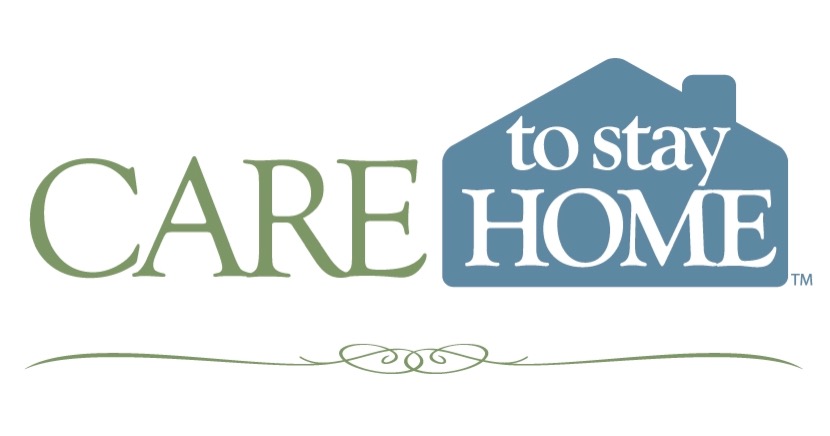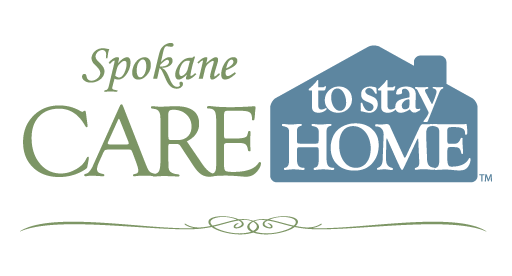07 Nov Post-Surgery Care: Products You May Need
Having surgery can be nerve-racking. But there are things you can do to make recovery easier and more comfortable for yourself or your loved one.
Recovery timelines are a little different for everyone. How quickly you rebound after surgery will depend on several factors, including the type of surgery you have, your overall health, and your body’s capacity to heal.
Your doctor will provide you with post-surgical care instructions, including things to avoid that could delay healing. It’s important to follow your doctor’s instructions even when it feels challenging or inconvenient.
While some factors are out of your control, stocking your home with supplies is one way to help ensure your recovery goes smoothly. Keep reading for a list of products needed post-surgery that can help while you’re convalescing at home.
Wound-Care Supplies
Proper wound care is vital to prevent infection. While some surgeries involve very small incisions that require minimal care, other procedures, such as hip replacement surgery, may result in a large incision that requires daily care.
While your doctor may change the dressings or remove drains in the week following surgery, you may need to perform ongoing wound care at home as you heal. Some common wound care supplies you might need include:
Gauze and medical tape
- Large bandages
- Medical gloves
- Alcohol wipes
- Disinfectant sprays or ointments
Ask your doctor which supplies you will need, and stock up before your surgical procedure.
Over-the-Counter (OTC) Remedies
Your doctor may recommend over-the-counter pain medications to keep you more comfortable during recovery. He or she may also recommend a fiber supplement to help prevent constipation after surgery, which is common, especially if you will be taking an opioid pain reliever.
Purchase any OTC products prior to your surgery. That way you can get relief immediately while you rest and recover.
Hand-Held Reacher
After surgery your range of motion may be limited. It may be difficult to bend, lean, or reach for things, especially items on the ground or in low places.
A hand-held reacher can be a lifesaver. It’s like an arm extension, allowing you to grab items like remotes, pill bottles, and food containers without straining or risking damage to your incision.
Bath Bench & Grab Bar
Research indicates that falls at home are more common among people recovering from surgery. Slippery bathtubs and showers are especially hazardous.
A shower chair or bath bench can keep you stable and secure while you bathe. If you have a traditional bathtub/shower enclosure, also install a grab bar to help you safely get in and out of the tub.
Blood Pressure Monitor
Unstable blood pressure is an issue for some people after surgery. Low blood pressure can lead to falls, while high blood pressure can increase your chances of heart attack and stroke.
For this reason, your doctor may ask you to keep track of your blood pressure with an at-home blood pressure monitor.
These devices are fairly easy to use, even by yourself. If you’re not sure how to use one, ask your medical team to show you prior to your surgery. You can purchase blood pressure monitors at your local pharmacy or online.
Reusable Hot & Cold Pack
An ice or heat pack can help relieve muscle pain after surgery. Cold therapy is especially helpful for treating pain around the incision. Heat can relieve muscle pain.
Be sure to ask your doctor before using a hot or cold pack. Sensation can be dampened after surgery, so you may not recognize when an area is getting too hot or cold, which can lead to injury.
Pill Organizer
Most people take at least one medication while recovering from surgery. A pill organizer can help you keep track of your daily doses. They come in many options for both simple and complex medication dosing.
A color-coded box with different colors for each day of the week can make it easier to remember. But if you still have trouble remembering doses, consider using a reminder watch, or get a medication dispenser with a built-in reminder alarm.
Get Help While You Recover
Recovering from surgery can be challenging, especially if you live alone. A trained in-home caregiver can provide much-needed help after surgery for you or a loved one.
The experienced caregivers at Care To Stay Home provide post-operative support after orthopedic procedures, including:
- Hip replacement
- Knee replacement
- Total joint reconstruction
- Shoulder and hand surgery
- Back and spinal surgery
We assist patients with daily activities including bathing, dressing, and toileting, as well as meal preparation, errands, and light housework. Our caregivers may also supervise and help with range-of-motion and daily exercise routines.
Whether you need help for a few hours a day or just a few times a week, we will tailor a plan based on your specific needs. Call us today at 509-775-6789 for an in-home consultation in the Greater Spokane area.


